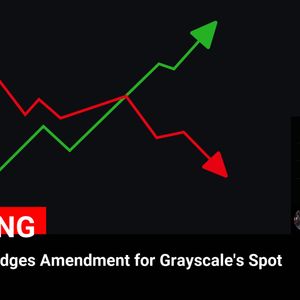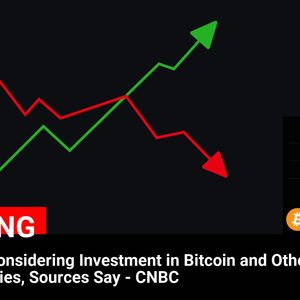JPMorgan analysts claim Tether may need to sell Bitcoin and other assets to comply with new US stablecoin regulations expected later this year. According to their report, Tether might have to offload Bitcoin, precious metals, corporate paper, and secured loans that do not meet the proposed requirements. Two bills, the STABLE Act in the House and the GENIUS Act in the Senate, aim to regulate stablecoin issuers. These laws would require licenses, strict risk management rules, and 1:1 reserve backing . The GENIUS Act proposes federal oversight and a broader range of allowed reserve assets, while the STABLE Act sets tighter reserve rules and allows states to regulate stablecoins. If either bill passes, analysts believe Tether will have to restructure its reserves, increasing investments in US Treasuries and other liquid assets. Currently, only 66% of Tether’s reserves comply with the STABLE Act, while 83% meet the GENIUS Act’s standards. This compliance rate has declined since mid-2024 as the stablecoin market expanded. Despite regulatory concerns, Tether had one of its best financial periods in Q4 2024. The company reported over $13 billion in net profit for the year, while group equity exceeded $20 billion . In the same period, Tether’s exposure to US Treasuries increased to $113 billion , covering nearly 80% of USDT reserves —an all-time high—making Tether one of the world's largest US Treasury buyers. Meanwhile, its gold and Bitcoin holdings generated $5 billion in unrealized profits , which could be at risk under the proposed regulations. Tether CEO Paolo Ardoino reaffirmed the company’s financial strength, highlighting a $7 billion reserve buffer and $45 billion in new token issuance in 2024. However, JPMorgan analysts warn that Tether’s dominance in the stablecoin market comes with risks. A lack of regulatory compliance and transparency could pose broader challenges for the crypto industry. Tether also faces regulatory hurdles beyond the US. In Europe, the MiCA regulations require stablecoin issuers to hold 60% of reserves in EU banks , leading to USDT’s delisting from multiple European exchanges. However, since its market share in the region is relatively small, the impact has been limited. Analysts stress that US regulations remain the biggest challenge for Tether. The company’s strong position in the US market could be threatened by stricter rules requiring more transparency and frequent reserve audits. These new laws could force Tether to adjust its operations or face potential consequences in the stablecoin sector.














